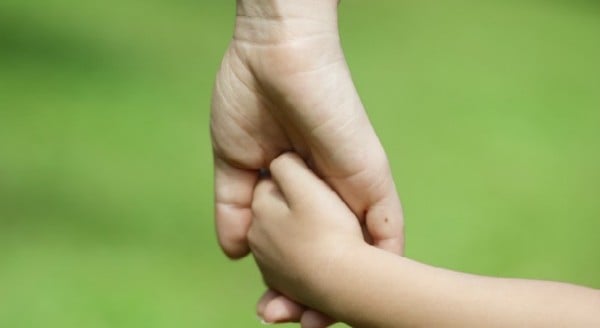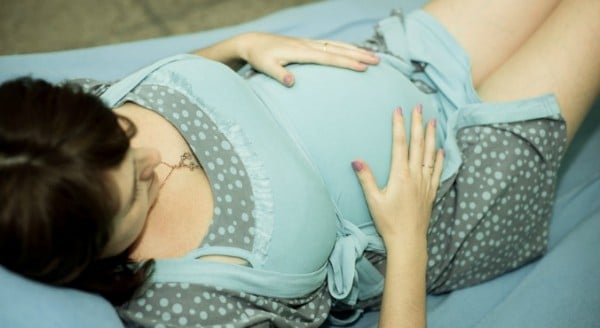
Image via iStock.
by George Patton, University of Melbourne
Postnatal depression affects around one in six mothers. In this sense, it’s the most common complication of pregnancy.
The effects of postnatal depression on children’s emotional development can be profound. These children have more mental health and behavioural problems as they grow up. And in low-income countries, the effects of maternal depression extend to higher rates of childhood stunting and physical illness.
RELATED: The terrifying post-pregnancy condition nobody’s talking about.
Postnatal depression has always been seen as different to other mental health problems. That thinking dates back to the mid-19th century, when French psychiatrist Louis Victor Marcé published a monograph on the “madness of pregnant women”. He introduced the idea that the postnatal period is one of higher risk for mental health problems.
The idea evolved that postnatal depression was linked to the hormonal changes that accompany pregnancy and childbirth. Women with postnatal depression were not viewed as having higher risks of depression at other times in life.



